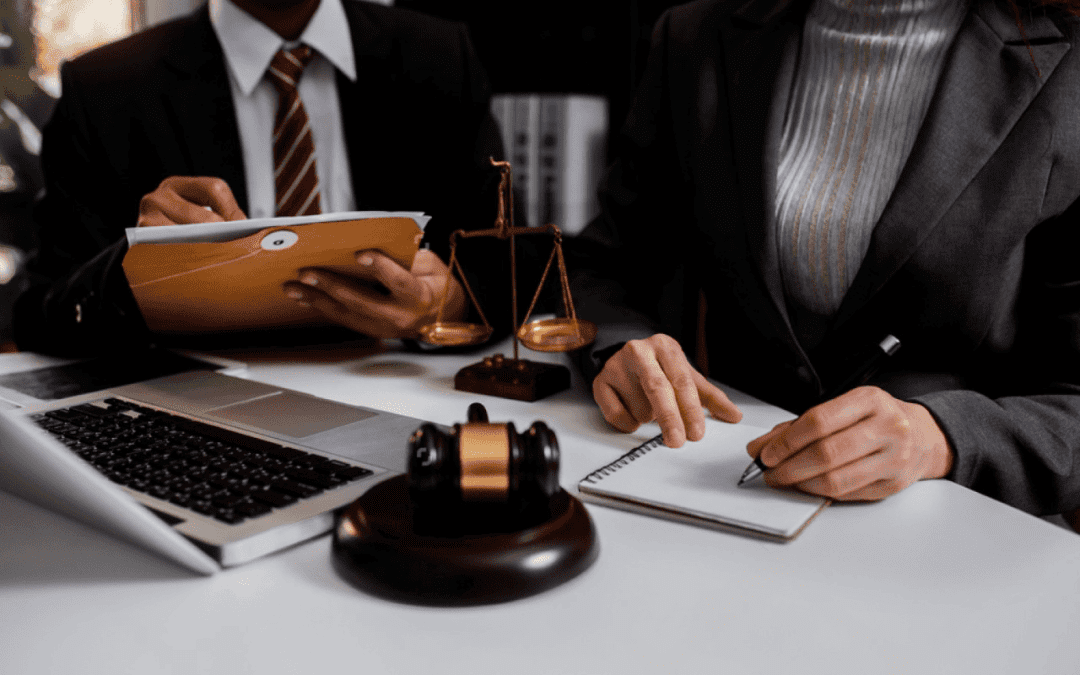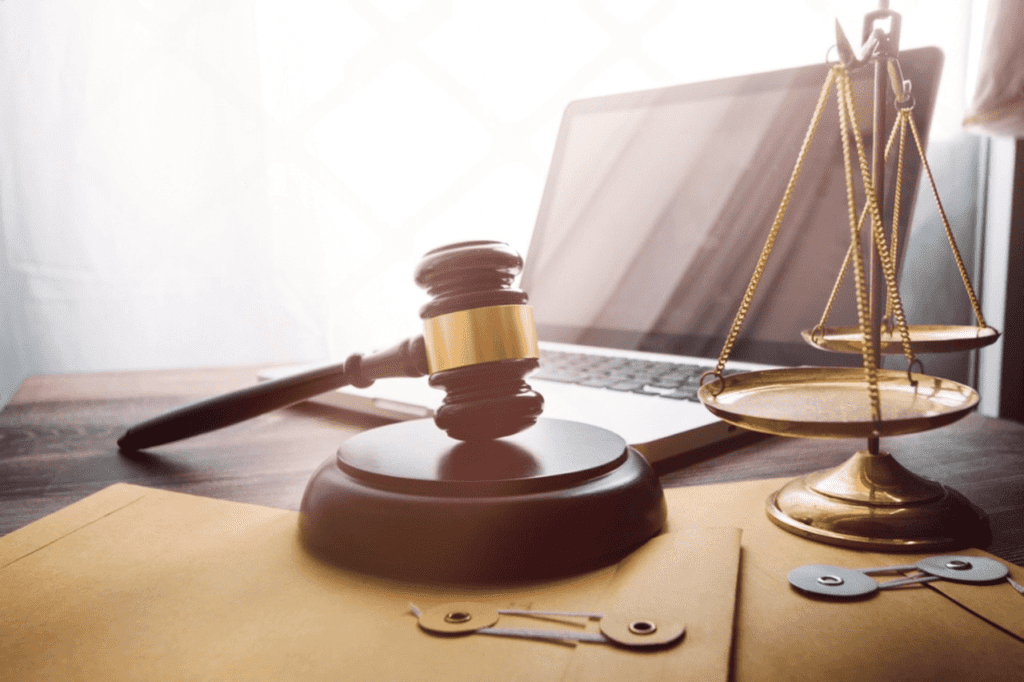In the UAE, tagging, mentioning, or commenting on social media may appear to be routine online behaviour. However, cybercrime, privacy, and defamation laws in the UAE are stringent, and every digital act carries serious legal consequences. Even posts shared without malicious intent may still result in liability if they are deemed offensive, defamatory, or invasive of another’s privacy.
This blog highlights the legal risks associated with tagging, mentioning, and commenting on social media in the UAE. It also provides insights into the key laws, practical scenarios, and best practices for individuals and businesses to ensure compliance in a rapidly evolving digital landscape.
Why Tags and Mentions Matter Legally
Social media features such as tags and mentions are often used to increase visibility, foster engagement, or draw attention to content. However, under UAE law, these interactions may constitute acts of publication or association, potentially exposing users to liability in the following scenarios:
- Defamatory Content: Where the tagged content is offensive or damaging to another person’s reputation.
- Lack of Consent: When the person being tagged has not provided prior approval.
- Invasion of Privacy: If personal or sensitive information is shared without permission.
- Commercial Misuse: This is when individuals are tagged in promotional posts without explicit consent, especially by businesses or influencers.
Importantly, intent is not always a required element for liability to arise under the relevant provisions of UAE law. Even well-intentioned posts may attract penalties if they adversely affect another person’s dignity, reputation, or right to privacy.
Legal Frameworks Governing Social Media in the UAE
The UAE enforces a robust set of laws regulating social media behaviour. Notably, the jurisdiction has no public interest defence similar to that found in many Western legal systems. Therefore, even factually accurate posts may give rise to liability if they harm someone’s reputation or dignity.
Federal Decree Law No. 34 of 2021 on Countering Rumors and Cybercrimes
Article 44: Prohibits the use or distribution of photographs or videos of individuals without their consent, particularly if such material is published online. Violators face imprisonment of at least one year and/or fines ranging from AED 150,000 to AED 500,000.
Article 43: Criminalises defamation, insults, or harm to the reputation of another through electronic means, including social media. Penalties include imprisonment and/or fines up to AED 500,000.
Article 17: Imposes liability on website administrators or account owners who knowingly host or fail to remove unlawful content. Penalties include imprisonment for at least one year and/or fines ranging from AED 300,000 to AED 500,000.
Jurisdictional Reach: The extraterritorial application of UAE cybercrime laws has been reaffirmed in recent enforcement actions. Even individuals outside the UAE can face legal consequences if their social media content affects persons connected to the UAE or if they later enter UAE territory. This is particularly significant for expatriates, tourists, and business travelers who may have posted content while abroad.
Federal Decree Law No. 31 of 2021 on Promulgating the Crimes and Penalties Law
Article 425: Criminalises defamatory conduct that harms a person’s reputation, even if not directly accusatory. Penalties include imprisonment up to two years and/or fines up to AED 20,000.
Article 426: Penalises the publication of false statements that damage another’s honour or dignity, punishable by imprisonment up to one year and/or fines up to AED 20,000.
Federal Decree Law No. 55 of 2023 Media Regulation Law
The Media Regulation Law governs all media content published in the UAE, including on social media platforms. It establishes key principles around national values, public decency, and the protection of individual privacy.
Article 17: Outlines the core media content standards, requiring that all published material respect religious values, national identity, public order, and personal privacy. Content that incites hatred, spread false information, or undermines social stability is strictly prohibited.
Both individuals and entities must comply with these regulations. Non-compliance may result in administrative or criminal penalties, including fines, license suspension, or imprisonment.
Federal Decree Law No. 45 of 2021 Personal Data Protection Law
The Personal Data Protection Law (PDPL), is the first comprehensive federal regulation designed to safeguard personal data in the UAE. This law regulates how personal data is collected, processed, stored, and shared, particularly on social media platforms, where privacy violations are a key concern. The PDPL mandates explicit consent for processing personal data, including images or identifying information, and grants individuals the right to access, rectify, delete, or restrict the use of their data.
It also imposes strict limitations on cross-border data transfers unless the receiving country provides adequate protection or the individual consents. Overseen by the UAE Data Office, the PDPL aligns with the global standards such as the EU’s General Data Protection Regulation (GDPR) and ensures accountability in data handling practices, with significant penalties for non-compliance.
UAE authorities have actively enforced these laws, with several individuals facing prosecution for social media posts deemed critical of government policies. The UAE’s Federal Penal Code and Cybercrime Law continue to be used to silence what authorities perceive as critical social media activity, with penalties including lengthy imprisonment terms.
False News and Rumors Provision
Under Article 52 of Federal Decree Law No. 34 of 2021 on Countering Rumors and Cybercrimes, the publication, dissemination, or circulation of false news or misleading information via electronic platforms, including social media, is a criminal offense.
- The minimum penalty for violation is one year of imprisonment and a fine of not less than AED 100,000.
- If the false content is found to incite or agitate public opinion against the State, the penalties double to two years of imprisonment and a fine of AED 200,000.
This provision has been strictly enforced in recent years, with the UAE authorities demonstrating a zero-tolerance policy toward misinformation, particularly in matters concerning national security, public health, political stability, and religious harmony.
Even reposting or sharing such content without being the original source may result in liability, emphasizing the importance of verifying before interacting with it on social media platforms.
Real-Life Scenarios
Workplace Disrepute: Tagging a colleague in a post that implies unprofessional conduct, such as associating them with an image or message implying poor work ethics, may result in claims under Article 425 of the Penal Code.
Political or Religious Association: Mentioning an individual in a politically sensitive or religiously controversial post can cause reputational harm. This may give rise to criminal defamation claims under Article 43 of the Cybercrimes Law.
Privacy Violation: Sharing a video of a road accident and tagging a person present in the footage without their consent may attract liability under Article 44 of the Cybercrimes Law. Such breaches have sometimes led to severe penalties, including fines and deportation.
Under the UAE’s Personal Data Protection Law, explicit consent is required before processing an individual’s personal data, including their image or identifying information on social media. This strengthens the existing prohibition under Article 44 of the Cybercrime Law against using photos without consent. Organizations must have mechanisms in place to handle data deletion requests when consent is withdrawn.
Social Media Marketing License Requirement
Individuals and businesses conducting paid promotions on social media must obtain a social media marketing license under Federal Decree Law No. 55 of 2023 on Media Regulation. This applies particularly to influencers, content creators, and agencies promoting products or services online.
Influencers engaged in commercial activity are required to secure a relevant trade license and register with the UAE Media Council. Licensing fees typically range from AED 10,000 to AED 15,000 depending on the nature of the activity and business location.
Risks for Businesses and Influencers
The legal exposure is particularly heightened for businesses and social media influencers, who often use tags and mentions for promotional purposes.
Unlicensed Promotions: Influencers promoting products or services without obtaining the necessary licenses from the regulatory bodies, such as the UAE Media Council, may face penalties, especially when tagging individuals in promotional content.
Client Consent: Businesses tagging clients in testimonials, reviews, or photographs without written approval may inadvertently breach privacy and defamation laws.
Undisclosed Advertising: Failing to disclose paid promotions or partnerships in influencer content may lead to violations under the Consumer Protection Law and related media regulations.
Conclusion
In the UAE, tagging or mentioning someone on social media is not a trivial act; it can be construed as a legal representation or public association under strict laws governing cybercrimes, privacy, and defamation. Liability can arise even without malicious intent, with penalties including substantial fines and imprisonment. To minimise these legal risks while maintaining an active online presence, individuals and businesses must take proactive steps to ensure compliance.
Consider obtaining explicit consent before tagging or mentioning others, especially in sensitive contexts. Avoid controversial associations unless you have prior approval, and formalise media use permissions in contracts. By adopting a cautious, respectful approach that prioritises consent, compliance, and cultural sensitivity, users can mitigate legal complications and navigate the complex digital landscape in the UAE effectively.
Legal Disclaimer: This blog is provided for informational purposes only and does not constitute legal advice. For personalized advice and regulatory updates, reach out to Khairallah Advocates & Legal Consultants. Our team is ready to assist you with tailored solutions for your legal needs.
Having said that, Contact Khairallah Advocates & Legal Consultants and benefit from our free 30-min legal consultation.
*Disclaimer: our blogs, law updates and FAQ’s are freely distributed for educational purposes and to showcase recent updates and regulations in the UAE’s framework.
If you have any questions and need assistance, contact us at our number or book an appointment online.






